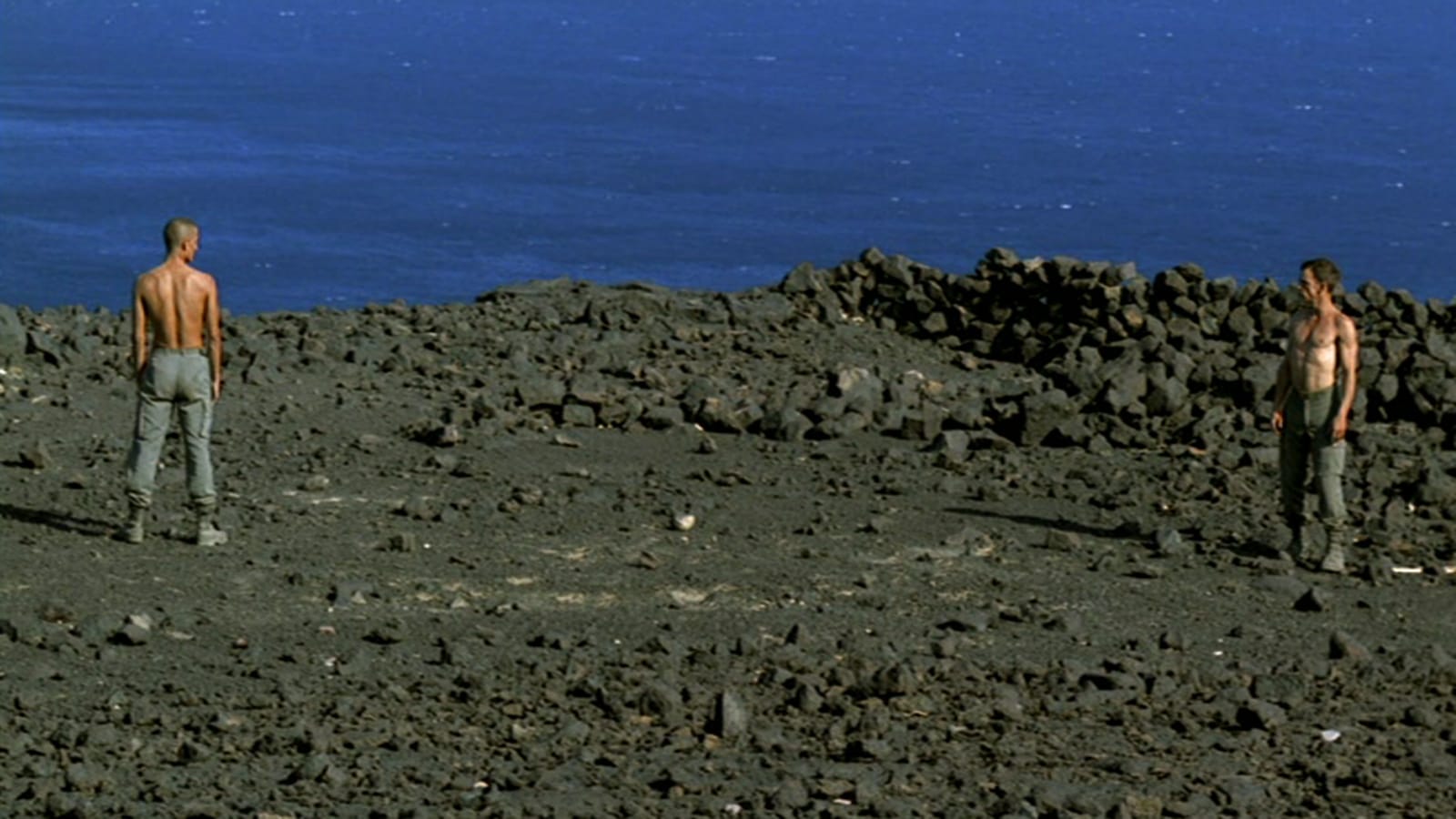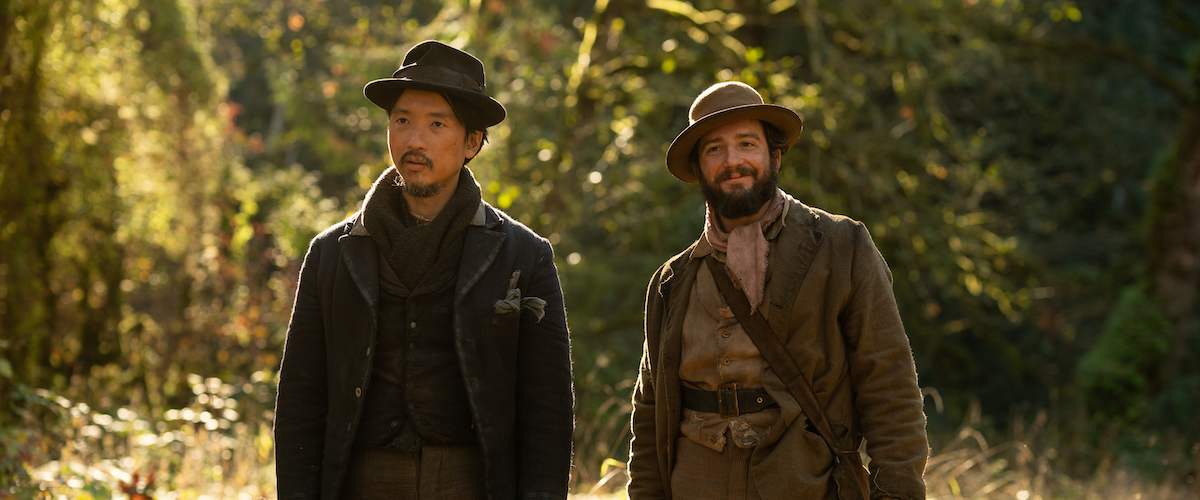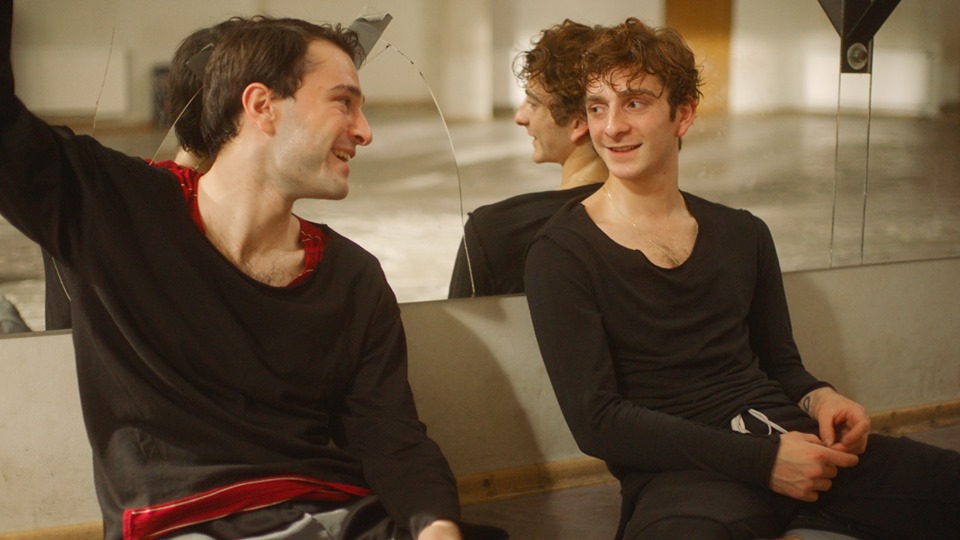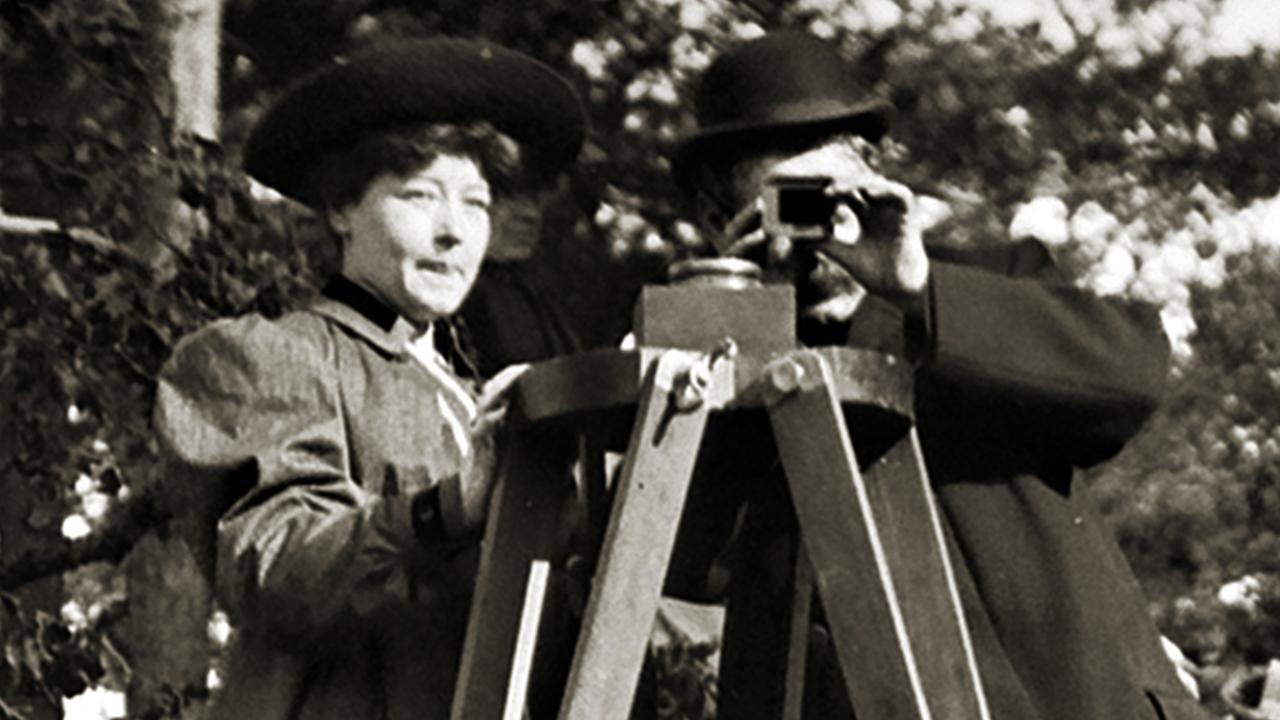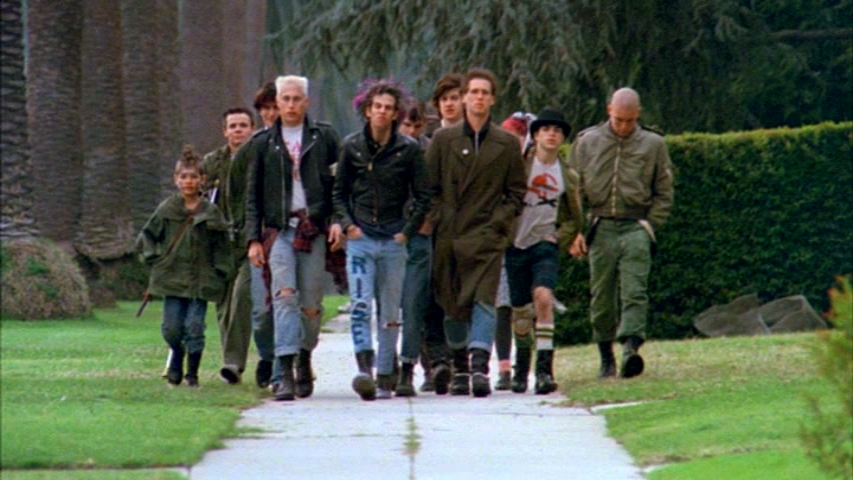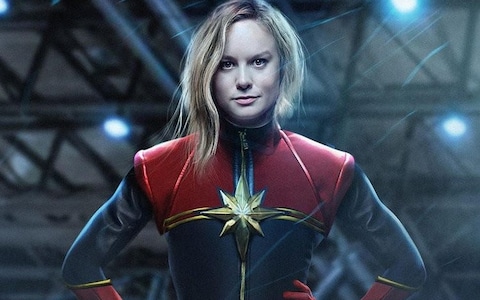
It’s taken me a while to figure out what I really think about Barbie. I saw it last summer in a five-hundred-seat theater along with more than four hundred other people. They were mostly women—women who were laughing, shouting, murmuring, nodding in affirmation, and sometimes crying. The movie was witty, clever, infectiously joyful, often hilarious, sometimes subversive, and almost always delightful, and it resonated with us in ways that many of us were unprepared for. Friends of mine talked about it endlessly afterward.
Mostly, the women that I knew were talking about the speech. By now, most moviegoers know what I’m talking about: America Ferrera’s barnburner in which her character, Gloria, holds forth about the tightrope that so many women must walk in order to survive under patriarchy (a word which figures surprisingly prominently in a movie about a plastic doll). It’s the speech that will doubtless be sliced down to an awkward nanosecond from its already brisk two-minute and nineteen-second length when the clip plays at the Oscars this year. It’s the speech that drew cheers from women all across the country, and maybe across the world. It’s the speech (among many other parts of the movie, of course) that propelled the movie past the billion-dollar mark in international earnings. It’s also a speech that does a gross disservice to the real lived experiences of women, because it cannot do otherwise in a PG-13 movie based on a toy.
Barbie is a sparkling achievement, Ferrera is a brilliant actor, and the fact that Greta Gerwig wasn’t nominated for Best Director this time around is a travesty. But the speech isn’t the revelation that many people are calling it. It left me unsettled when I first heard it. Now, with the passage of time and a landslide of crumbling rights for women the world over, it leaves a bitter taste that I can’t rinse away.
This is not to say that Barbie isn’t sincerely, vigorously feminist. It keenly and cleverly skewers compulsory gender roles; centers the experiences of mothers and daughters; stars women of different shapes, ages, sizes, races, orientations, and identities; and shines a Klieg light on the extent to which our culture is absolutely not egalitarian (however much some might like to think it is) by imagining an alternate-universe fantasy matriarchy in which female characters hold real power. It’s feminist enough to have triggered at least one conservative commentator—an ostensibly grown man—to set a Barbie doll aflame on camera. But it’s not the speech that makes it so. In fact, the speech sands down the realities of being a woman to the point that it doesn’t tell the truth. How could it be otherwise? If the speech told the truth, the film would no longer be a comedy, or a family movie, or have merchandizing tie-ins and the blessing of Mattel. It would lose all its sparkle. It would not be Barbie.
The problem is that the speech purports to say something truthful about women’s experiences in the world—but because it’s hamstrung by the movie’s genre, it can’t. An honest speech would at least have to comment on women’s economic disempowerment—the fact that women are still disproportionately represented amongst the poorest people in this country and in the world, the fact that the gender-based wage gap still yawns even in progressive nations, the fact that divorce still leaves most women poorer than their ex-husbands, the fact that women still end up in the least remunerative professional fields, the fact that, in the U.S., everything from a pandemic to an absence of federally mandated paid family leave short-circuits the professional ambitions or even the financial survival of mothers (and daughters).
Further, it would have to say something about women being dramatically over-represented among the defenseless civilian casualties of war. It would have to comment on the paucity of medical research about menopause, menstrual pain, painful sex, and all the myriad illnesses that disproportionately plague and disable women, from migraine to long Covid. It would need to address the dearth of women among the most powerful positions in the clergy, the military, law enforcement, and finance. The film winks in a few of these directions, but it could not do more than wink and still be Barbie. Nor would anyone want it to, I imagine. The truth is too depressing, and after all, everyone is here to have fun. Still, the fact that the speech exists in the movie in the spot marked “the truth” deconstructs itself: it needs to be there, but it can’t be.
The speech has one line in it that comes close to touching on the most brutalizing reality of being a woman. Gloria says that women have to be pretty “but not so pretty that we tempt [men] too much.” That’s as much as it’s possible to say about the life-destroying, soul-scalding reality of sexual violence in a movie that children can go see with their parents. It cannot be otherwise. Yet it’s this reality of being a woman—the persistent, gnawing, inescapable, and all-too-realistic fear of sexual violence—that most diminishes our potential, that reshapes our habits, that haunts our minds, that limits our freedom of movement in the world. Sexual violence itself tears our bodies, breaks our spirits, and sometimes ends our lives. It sometimes leaves us pregnant with a rapist’s offspring. And now some states can force a girl or woman to undergo the excruciating ordeal of childbirth, only to produce her rapist’s child.
The rest of the speech? That’s the easy part of being a woman.
I don’t fault the movie for failing to tackle the most wrenching parts of being a woman. That’s not the job of a fun comedy that has singing and dancing and laughs for all ages. The fact that Barbie undertook to comment on the specific difficulties of womanhood at all is something I appreciate. But the speech is not the moment of truth-telling about womanhood that so many have made it out to be. It’s barely the beginning.



